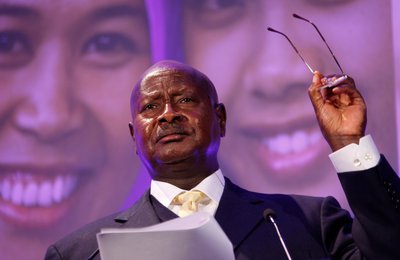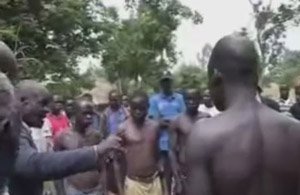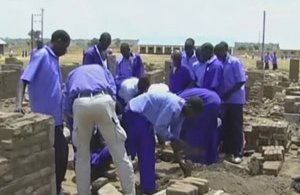The New Vision on Sunday 15 August 2010 published results of its nation-wide survey on what most Ugandans demand from their governments and aspiring political leaders come 2011 (See What Ugandans Demand, Sunday Vision 15 August 2010 ). The result of the survey reveals that most Ugandans consider health, transport, education, children and employment as their most pressing issues. As a Ugandan, I largely agree that the above issues are quite pressing to many folks out there. Due credit must be given to the New Vision for conducting this comprehensive survey. The hope is that the current NRM government will utilise the few months of its current term in office to correct these deficiencies in service delivery to many Ugandans. Being a government owned news paper, many critics would rush to brush off its findings as politically edited. However, while the conclusion that many Ugandans do not focus on political freedoms and human rights but social service delivery might seem suspect to some, in fact we should appreciate that these are not mutually exclusive imperatives.
Certainly the obvious deficit in social service delivery impacts on the realisation of the human rights and political freedoms. In an attempt to steer clear of political controversy, the survey unfortunately did not ask Ugandans what they perceive as the possible reasons for the current state of unmet social service delivery and whose policy might be blamed. No respondent was asked on who might deliver or change the status quo. Also the survey did not ask why so many much-needed social services were not met despite continuous government figures showing intervention in these sectors- health, roads, agriculture and security. In other words, problems with individual personal security, agriculture, poverty alleviation, business as well as water and sanitation continue to dodge many Ugandans points to a much bigger structural deficit in governance. Health, a fundamental human right and precursor to human dignity was ranked by 97.4% of the respondents as their number one problem. This will not be surprising to many Ugandans, given recent revelations of scams and corruption within the health ministry - including the over the Global Fund for HIV/AIDS and Malaria. Ugandans will head to the poll next year to elect their political leaders and governments. There are a number of different political parties and coalitions warming up to unseat the current NRM government under the leadership of President Yoweri Kaguta Museveni. But unseating Museveni is not a panacea to Uganda’s solutions. The question is therefore: what are the structural causes that impede service delivery in Uganda today? How best can these be addressed? Which Party has appropriate policies to address what problem? How can Ugandans ensure that a regime’ policies work to their advantage in social service delivery?
Stephen Oola, Insight on Conflict Uganda Local Correspondent, 17 August 2010






